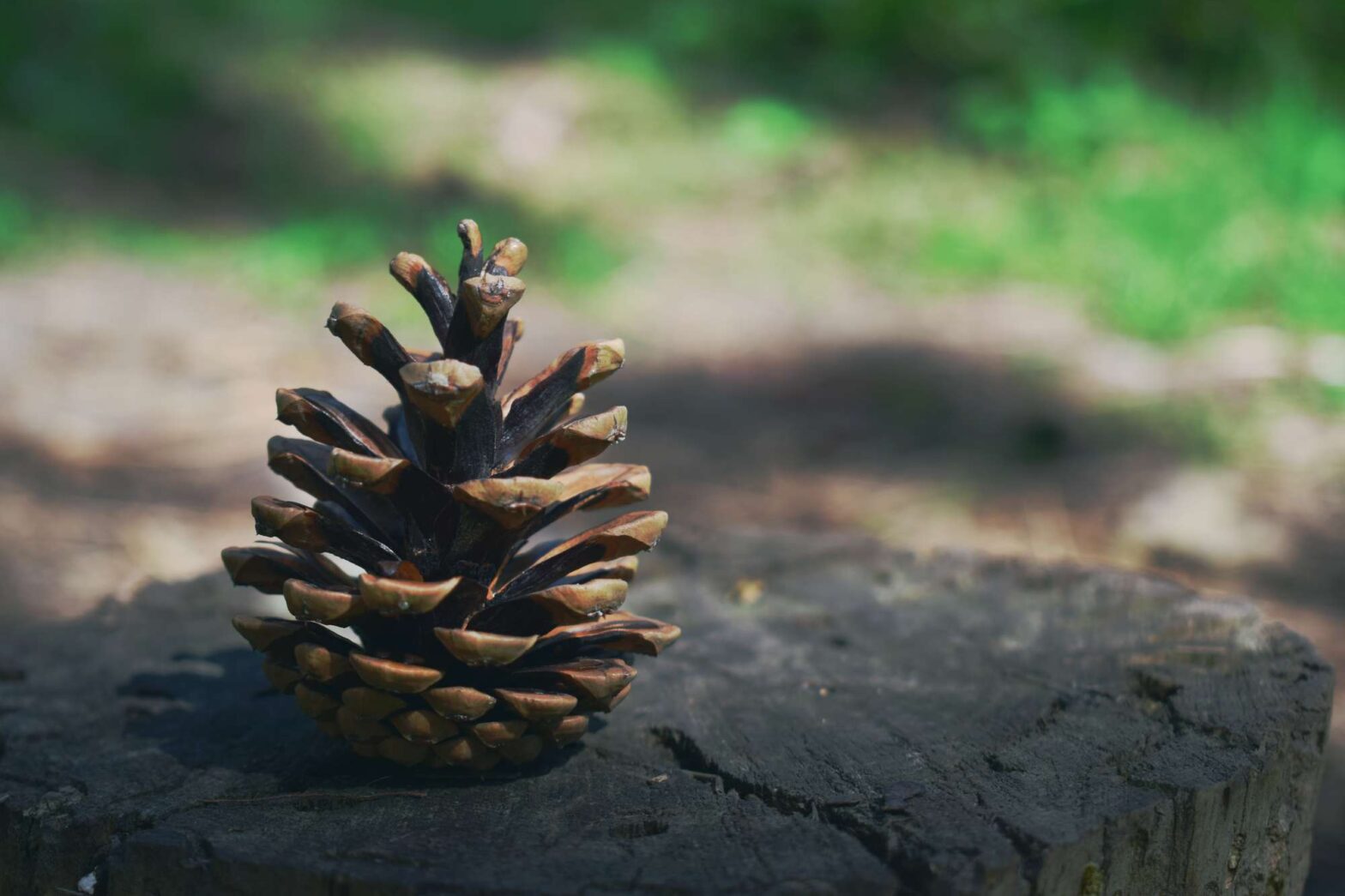For a good cookout, the outdoor cook must keep several ingredients in mind. There’s the meat. Then, there’s the seasoning. There are also the sides and condiments. Last but not least, there’s the most unappreciated ingredient of them all: the fuel.
Gas grills are convenient, ain’t no doubt about it, and every hardware store carries bags of charcoal. But no other fuel will make your steaks, burgers, and sausages as smoky and flavorsome as good ol’ firewood, which man has used to prepare food since the discovery of fire.
And yet, no all firewood is created equal. Some woods burn hotter and faster than others. Some give off a mellow smoke that pairs better with white meats; others a heavy smoke that stands up to the intense aromas and rich flavors of dark meats.
For safety reasons, certain woods shouldn’t even come close to your food when they’re being burnt.
You’re here, so I assume you have pine trees growing in your land, and it’s the time of year when the ground’s all covered in cones. Dry and flammable, you took a good hard look at them and found yourself wondering:
Can you throw them in the pit?
The long answer short is “no,” and we will get to why momentarily.
Don’t use pine cones for grilling or smoking meat; the fumes that they give off can be harmful to your health. Pine cones burn with benzopyrene, a pollutant and carcinogen that gets deposited on your food.
Benzopyrene forms due to incomplete combustion at temperatures between 572°F (300°C) and 1,112°F (600°C). It is also found in coal tar, tobacco smoke, and the soot that forms in your chimney when you burn freshly cut firewood.
Conifers Are Not Fit for Cooking
In general, coniferous trees are not a good choice of firewood for grilling and smoking meat. The saying goes as follows: If it has needles or bear a cone, the safe thing to do is leave it alone.
Softwood timber contains a variety of harmful compounds that, once they land on your food, can impart a bitter taste to it and, in some cases, make you sick. This is why every pitmaster will tell you to cook over hardwoods only.
Well, there is one exception, and Northern Europeans have been cooking with it for hundreds of years. If you prepare your food in a Dutch oven with the lid on, it does not really matter what fire you cook over; it’s merely a source of heat.


